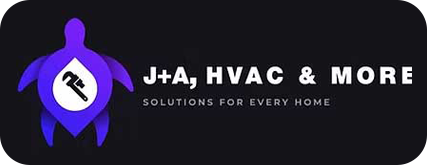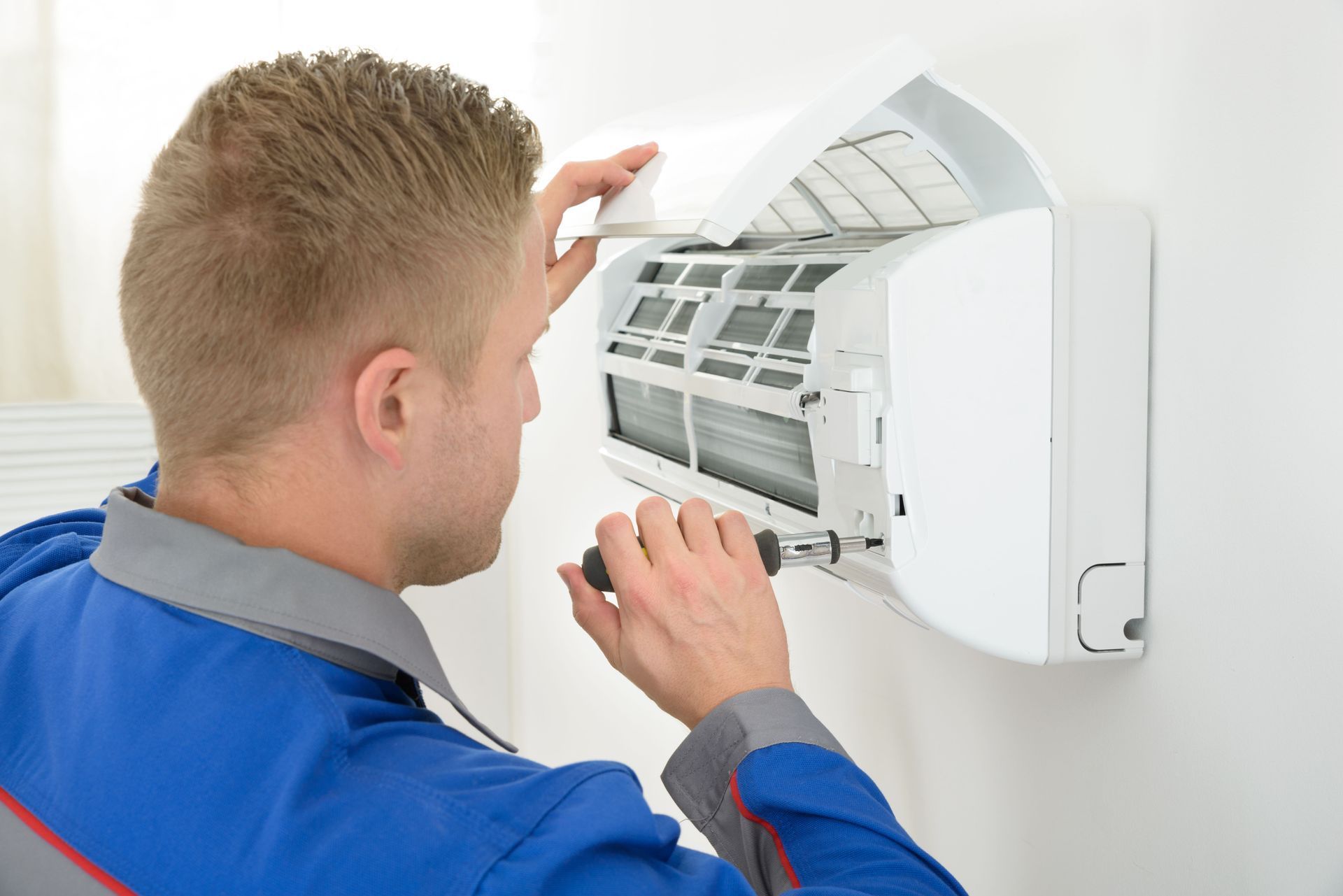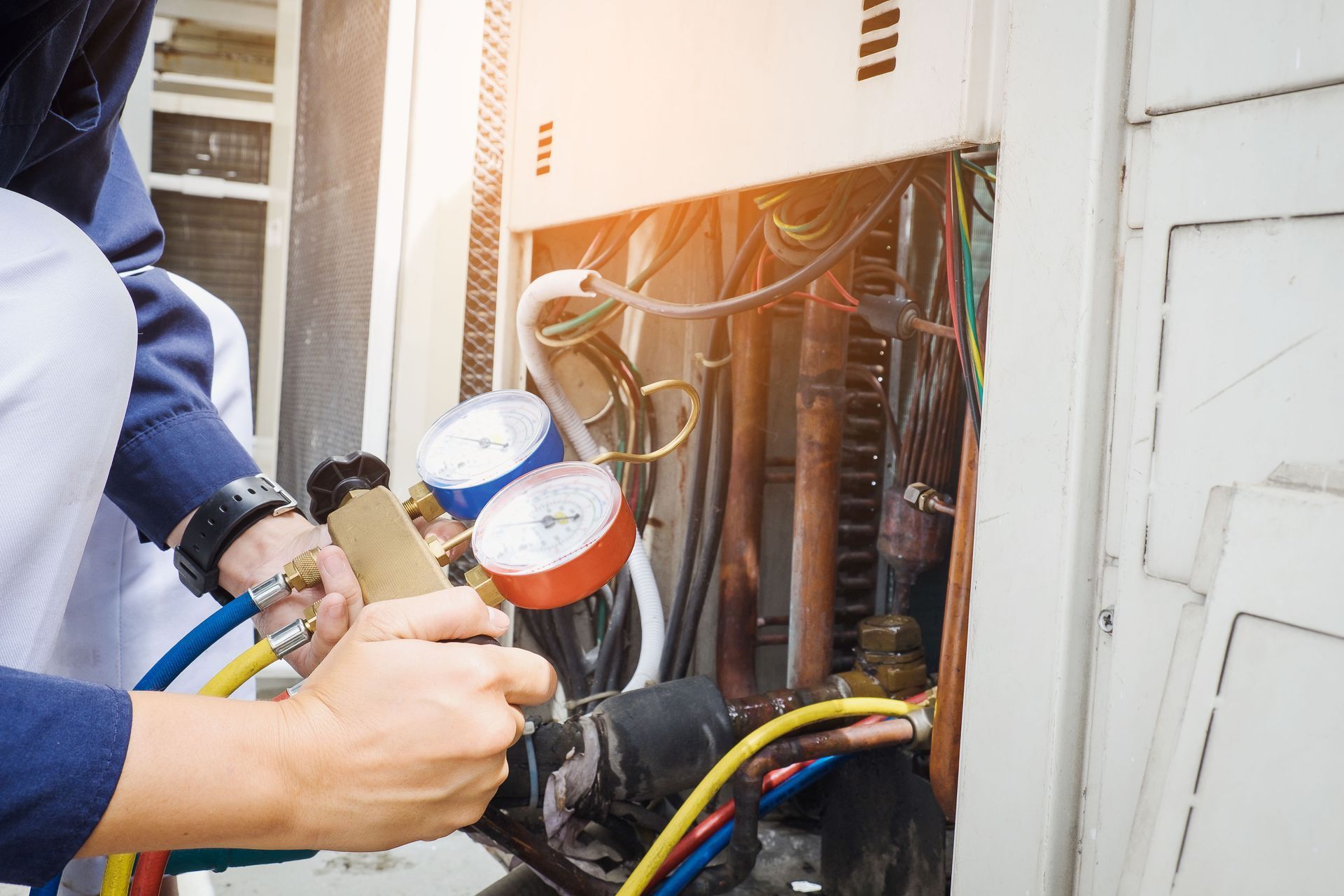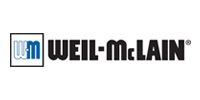October 27, 2025
Your HVAC system works tirelessly to maintain a comfortable indoor climate, but even small issues can gradually erode its performance. When efficiency drops, homeowners often notice rising energy bills, uneven temperatures, or excessive strain on their equipment. While it’s easy to blame the age of the system, many efficiency problems stem from maintenance neglect or minor faults that go unnoticed. Identifying and addressing these inefficiencies early can save money and help your system run smoothly for years to come.
Keeping your system efficient isn’t just about comfort; it’s also about sustainability and cost control. A well-maintained system uses less energy, reduces wear on components, and minimizes your carbon footprint. By understanding the common causes of system inefficiency, you can make smart decisions that enhance performance, protect your investment, and maintain consistent comfort in every season.
1. Clogged Filters
Air filters are your HVAC system’s first line of defense against dust, dirt, and airborne particles. When these filters become clogged, airflow is restricted, forcing your system to work harder to circulate conditioned air. This added strain can lead to overheating, reduced cooling or heating capacity, and increased energy usage. Regularly replacing or cleaning your filters can significantly improve efficiency and indoor air quality.
Many homeowners underestimate the impact of a dirty filter, but it’s one of the simplest issues to prevent. A clean filter helps your system maintain steady airflow, reduces operating costs, and prevents dust buildup inside ducts and coils. For homes with pets or allergy concerns, replacing filters more frequently can also make a noticeable difference in comfort and air freshness.
2. Leaky Ducts
Your ductwork is responsible for delivering conditioned air throughout your home, but leaks or poorly connected joints can cause major efficiency losses. According to This Old House, leaks can lead to air ducts losing up to 30% of airflow, meaning nearly one-third of your heating or cooling output never reaches your living spaces. This not only wastes energy but also causes uneven temperatures and longer system run times.
Sealing or insulating your ducts is one of the most effective ways to restore lost efficiency. Professional technicians use tools such as pressure testing and specialized sealants to pinpoint and close leaks, improving both comfort and performance. Properly sealed ducts also help maintain balanced air pressure, ensuring your system distributes air more effectively to every room.
3. Poor Insulation
Even the most advanced HVAC system can’t perform efficiently if your home lacks proper insulation. Heat naturally flows toward cooler areas, so during the summer months, warm air enters your home, while in winter, valuable heat escapes. This forces your system to compensate by working longer and harder, driving up energy consumption. Adding insulation to attics, walls, and crawl spaces helps maintain indoor temperatures and reduces strain on your system.
Professional insulation upgrades can dramatically improve your home’s thermal barrier. Materials like spray foam, fiberglass, or cellulose trap conditioned air where you need it most. When paired with energy-efficient windows and doors, improved insulation can cut energy waste, delivering lasting comfort and cost savings.
4. Blocked Vents
Blocked or closed vents may seem harmless, but they can cause serious airflow imbalances. When air cannot circulate freely through your duct system, pressure builds up and reduces overall efficiency. Furniture, rugs, or curtains placed over vents can restrict airflow, causing rooms to heat or cool unevenly. Keeping vents clear ensures consistent comfort and helps your HVAC system maintain proper circulation.
Closing vents in unused rooms can also be counterproductive. Many homeowners believe it saves energy, but it actually increases pressure inside ducts and forces the blower motor to work harder. Over time, this added strain can damage components and reduce efficiency. The best approach is to keep all vents open and unobstructed to allow your system to operate as designed.
5. Erring Thermostats
Your thermostat acts as the control center for your system, so even minor issues can lead to major inefficiencies. If it’s placed near a heat source, window, or draft, it may read temperatures inaccurately, causing the system to turn on or off at the wrong times. Recalibrating or relocating your thermostat can help your system maintain consistent performance and prevent wasted energy.
Upgrading to a smart or programmable thermostat is an easy way to improve efficiency. These devices automatically adjust temperatures based on your schedule and preferences, reducing unnecessary heating and cooling. Over time, the savings from reduced energy use can easily offset the cost of the upgrade, while also improving comfort and convenience.
6. Insufficient Maintenance
Routine maintenance is essential for long-term HVAC efficiency. During regular service visits, technicians clean internal components, lubricate moving parts, check refrigerant levels, and inspect electrical connections. These preventive steps help ensure that the system operates smoothly, safely, and efficiently throughout the year.
When maintenance is ignored, small issues like dirty coils, worn belts, or minor leaks can quickly escalate into major repairs. A neglected system uses more energy, experiences more breakdowns, and typically has a shorter lifespan. Scheduling routine tune-ups not only preserves efficiency but also gives you peace of mind knowing your system is performing at its best.
7. Low Refrigerant
Refrigerant is the lifeblood of your air conditioning system as it’s responsible for absorbing and transferring heat. When levels drop due to a leak or improper charging, the system’s ability to cool or heat efficiently is compromised. You may notice longer cooling cycles, warm air from vents, or ice forming on the coils.
Low refrigerant levels not only reduce efficiency but can also damage the compressor, one of the most expensive components to replace. A professional HVAC technician can identify and repair leaks, then recharge the system to proper levels. Maintaining correct refrigerant pressure ensures that your system runs efficiently and delivers consistent comfort throughout the seasons.
8. Improper Sizing
The size of your system has a direct impact on its efficiency. An oversized unit will cool or heat your home too quickly, leading to frequent short cycles that waste energy and wear out components. Conversely, an undersized system will struggle to keep up with demand, running continuously and increasing energy costs.
A professional load calculation is one way to ensure your system is properly sized. HVAC experts consider your home’s square footage, insulation quality, number of windows, and climate zone before recommending the right capacity. Proper sizing ensures balanced comfort, efficient operation, and longer system life.
9. Dirty Coils
Over time, dirt and debris can accumulate on the evaporator and condenser coils, reducing their ability to transfer heat. This buildup forces your system to run longer to achieve the same temperature, consuming more energy in the process. Dirty coils can also cause overheating and reduce the system’s lifespan.
Regular coil cleaning during professional maintenance can restore lost efficiency. Technicians use specialized tools and cleaning agents to safely remove buildup and ensure optimal airflow. Keeping coils clean not only saves energy but also prevents costly repairs and improves overall indoor air quality.
Your system’s efficiency depends on dozens of interconnected parts working in harmony. When even one component is compromised, whether it’s a clogged filter, leaky duct, or aging thermostat, your comfort and energy savings suffer. Addressing these issues can dramatically improve performance and lower energy costs.
Investing in proper maintenance, repairs, and timely upgrades ensures your HVAC system continues to deliver reliable, efficient comfort year after year. By taking a proactive approach, you’ll not only enjoy lower bills and cleaner air but also extend the life of one of your home’s most important systems. For expert care, contact J+A HVAC and MORE LLC today.





